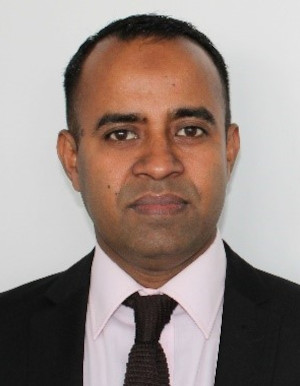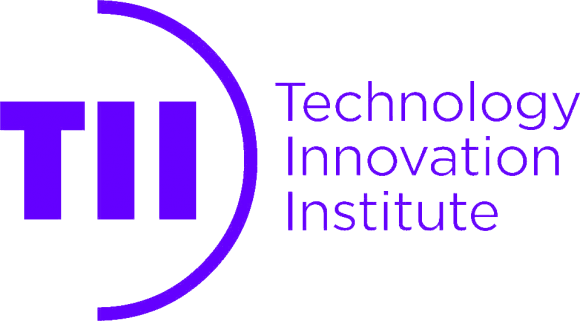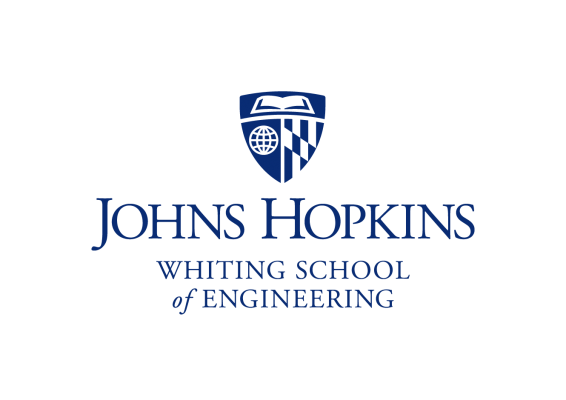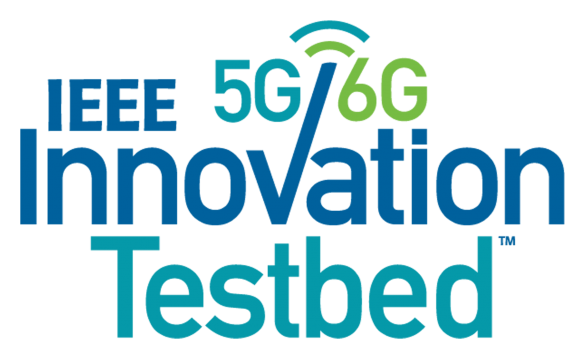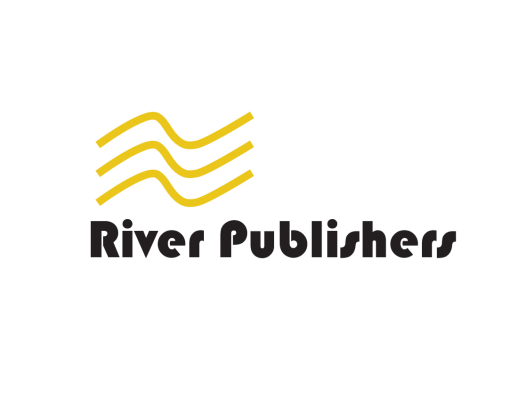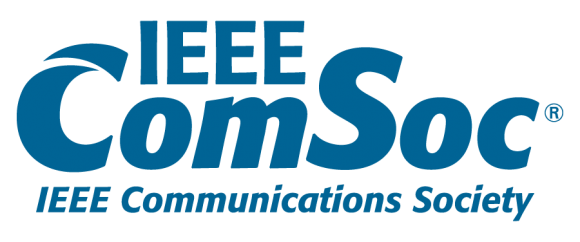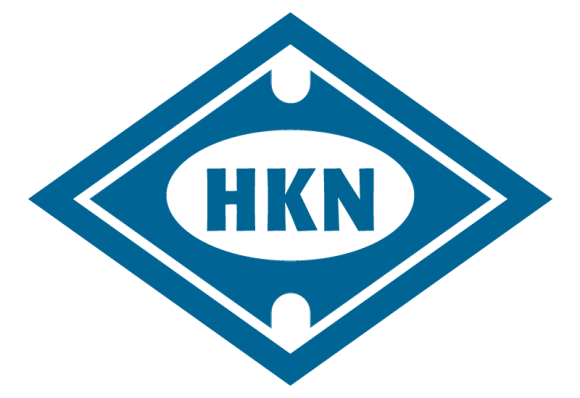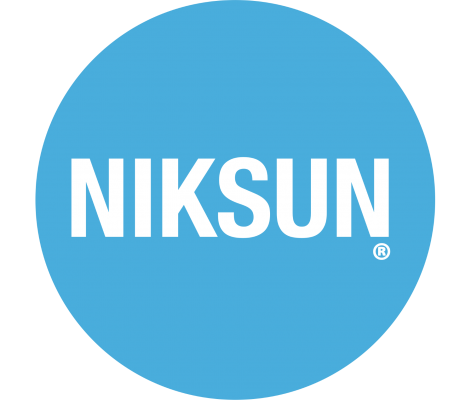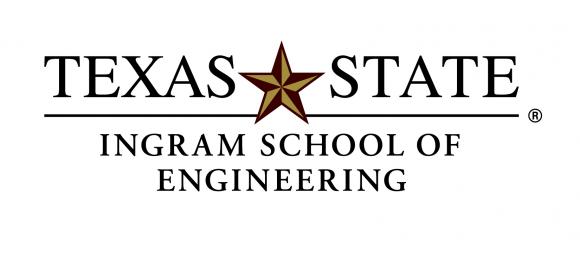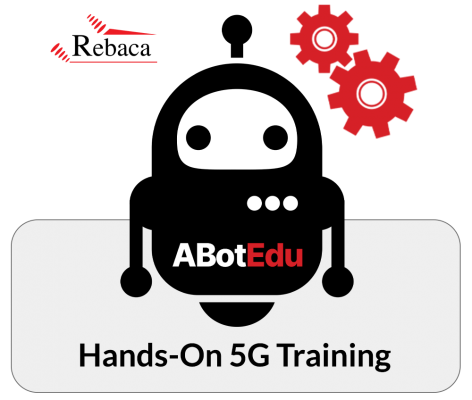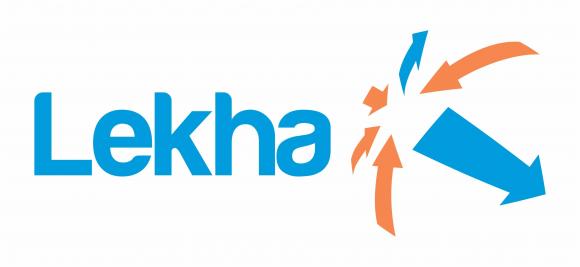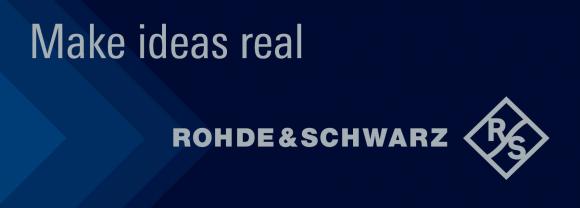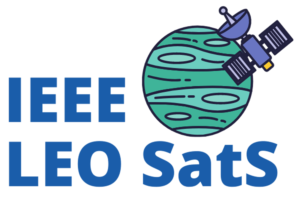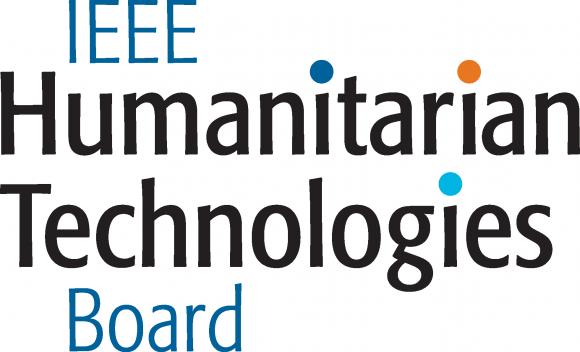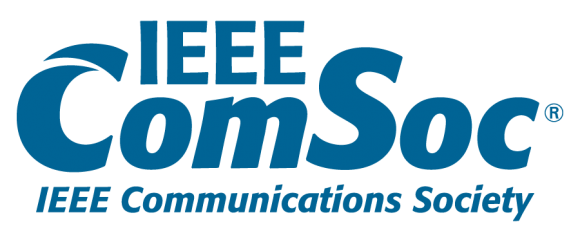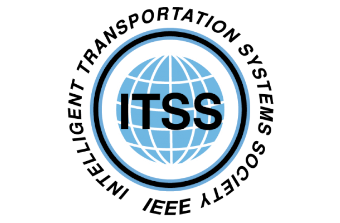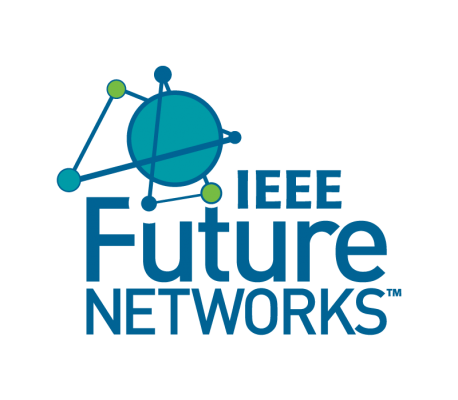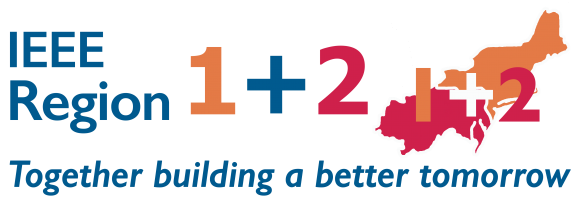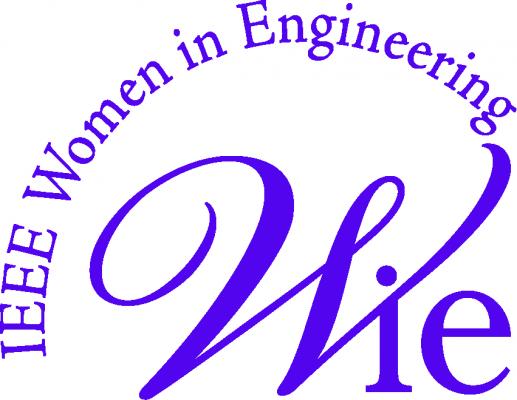IMPORTANT DATES
Workshop Paper Submission: 21 July 2023 8 September 2023 02 October 2023 (FINAL)
Workshop Paper Acceptance Notification: 1 September 2023 Rolling
Camera-Ready Submission: 10 October 2023
Workshop ORGANIZERS
- Mohammad Patwary, University of Wolverhampton, UK
- Ivan Seskar, Rutgers University, USA
TPC Chairs
- Aloizio P. DaSilva, Virginia Tech, USA
- Aditi Sharma, Parul University, India
- Ashutosh Dutta (Johns Hopkins University Applied Physics Labs (JHU/APL), USA)
- George Sklivanitis, Florida Atlantic University, USA
- Muslim Elkotob, Vodafone, Germany
- Arpit Tripathi, Indian Institute of Technology, Hyderabad
- Zhangyu Guan,The State University of New York, USA
- Ashish Goswami, National Institute of Technology Hamirpur HP India
SCOPE AND MOTIVATION
Testbeds are a critical part of network generation evolution and complements the standards that are developed. Current generation of Network technology is driven by 5G definition of eMBB, mMTC and uRLLC driven use cases. Use cases are facilitated with a number of Physical layer innovations with mmWave, mMIMO along with other layers of OSI. Giving the increased complexity of the next generation of communication systems and skyrocketing development costs, the importance of publicly available testbeds is quickly becoming critical for researchers and developers to get access to state-of-the-art infrastructures in order to prototype and validate their ideas. Lessons learnt from various experiments help to ratify the standards. The testbeds also help as a catalyst for deployment of advanced wireless systems. Hence it is essential to have experimental testbeds where functional and end-to- end testing can be performed.
Due to the complex nature & associated cost, it is anticipated that for scalable experiment future testbeds are required to collaborate with the vendor community and research community. Hence the experimental facilities will be required to expand upon the existing testbeds towards federated development of testbeds for next/future generation networks. This workshop intends to encompass all the aspect of identified diversity requirement and the challenges towards the development of scalable testbed facilities for future networks to provide standardise approach for collaboration. Such unified collaboration approach will pave the way for efficient utilization of resources by providing ‘Testbed as a Service’ to research and vendor community to accelerate technological development for future networks.
TOPICS OF INTEREST
This workshop invites contribution from the wider research community to focus on following includes but not limited to:
- Vision/Evolution & revolution for future network testbeds
- Use case scenarios for future network testbeds
- Distributed/global (context/thresholding) of testbed development facilitation of compliance testing
- Interoperability/co-existence/inter-programmability among the testbed
- Standard/pre-standard (e.g. ONAP/ORAN) testbed models
- Extendable architecture with the testbed
- Accessibility/multi-operability for future network testbeds
- Domain-specific KPI mapping for future network testbeds
- Interface/protocol development for future network testbeds
- Technology agnostics testbed definition and experimental set-up
- Performance measurement block toward standardization
- Reliability assessment for given use cases at different scales
- Plug & play nature within a testbed
- PoC development, test & evaluation for future network testbeds
- Recommended practice to run an experiment within the testbed for future-generation of networks
- Business models for Testbed-as-a-Service for future networks
Workshop Paper Submission
All papers should be submitted via EDAS, Workshop on Federated Testbed-as-a-Service for Future Networks: Challenges State-of-the-Art. Full instructions on how to submit papers are provided on the IEEE FNWF 2023 website: https://fnwf2023.ieee.org/information-authors
SHORT BIO OF ORGANIZERS
Mohammad Patwary is Full Professor of Telecommunications & Director of Centre for Future Networks & Autonomous Systems (CeFNAS) at the Faculty of Science & Engineering in University of Wolverhampton since June 2020. He is also research lead for ‘5G Connected Forest Project’ funded by DCMS that aims at accelerating ‘visitor economy’ in Midlands. He was a full Professor of telecommunication networks and digital productivity and the Head of the Intelligent Systems and Networks (ISN) Research Group, at School of Computing and Digital Technology, Birmingham City University, UK, between 2017 till 2020; he was also the Principal Architect for a large scale 5G testbed in the UK to accelerate digital productivity and to develop urban connected community with West Midland 5G during 2018-2020. He was also a Full Professor of wireless systems and digital productivity & the Chair of the Centre of Excellence on Digital Productivity with Connected Services, Staffordshire University, until 2017. His current research interests include intelligent & autonomous systems, wireless communication systems design and optimization, the future generation of cellular network architecture, and business modeling for data-economy. He is Chartered Engineer of Engineering-Council UK, Senior Member of IEEE, Fellow of IET, and co-chair of Testbed working group of International Network Generation Roadmap at IEEE.
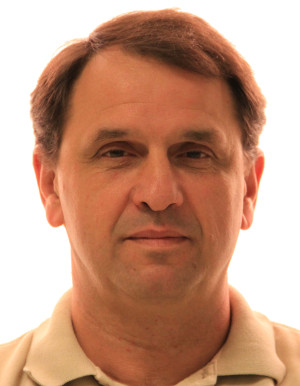 Ivan Seskar is the chief technologist at WINLAB, Rutgers University responsible for experimental systems and prototyping projects. He is currently the program director for the COSMOS project responsible for the New York City NSF PAWR deployment. He has also been the co-PI and project manager for all three phases of the NSF-supported ORBIT mid-scale testbed project at WINLAB since the testbed was released as a community resource in 2005. He is a Co-Chair of the IEEE Future Networks Testbed Working Group, a member of ACM, and the co-founder and CTO of Upside Wireless Inc.
Ivan Seskar is the chief technologist at WINLAB, Rutgers University responsible for experimental systems and prototyping projects. He is currently the program director for the COSMOS project responsible for the New York City NSF PAWR deployment. He has also been the co-PI and project manager for all three phases of the NSF-supported ORBIT mid-scale testbed project at WINLAB since the testbed was released as a community resource in 2005. He is a Co-Chair of the IEEE Future Networks Testbed Working Group, a member of ACM, and the co-founder and CTO of Upside Wireless Inc.



